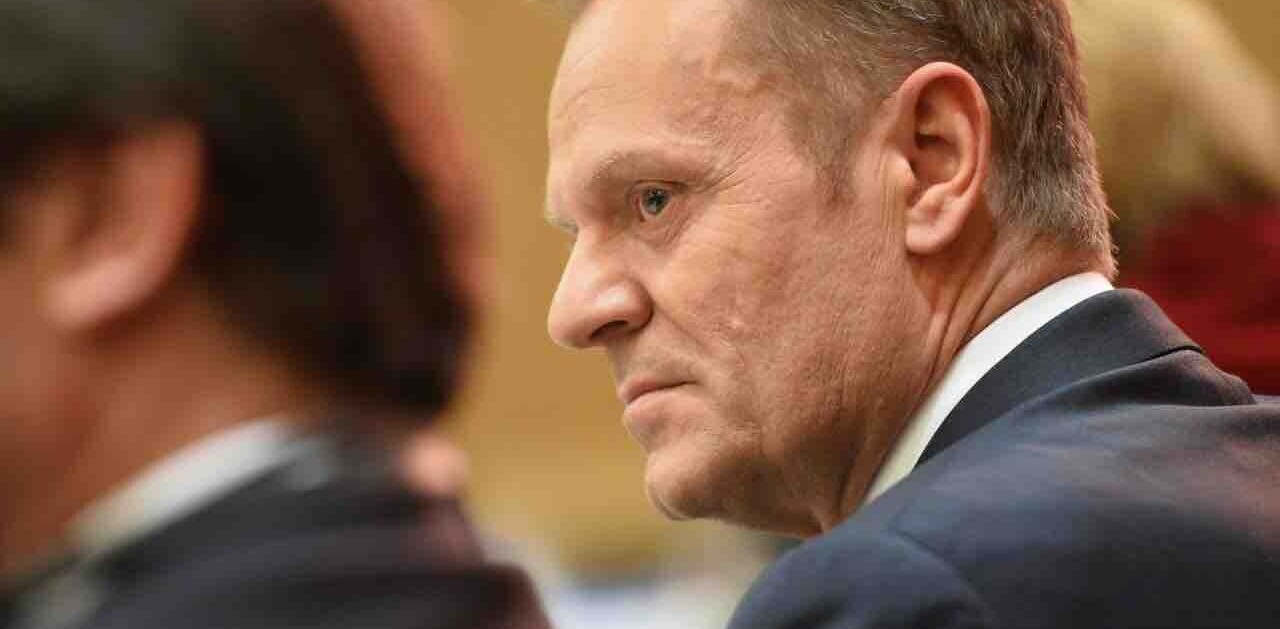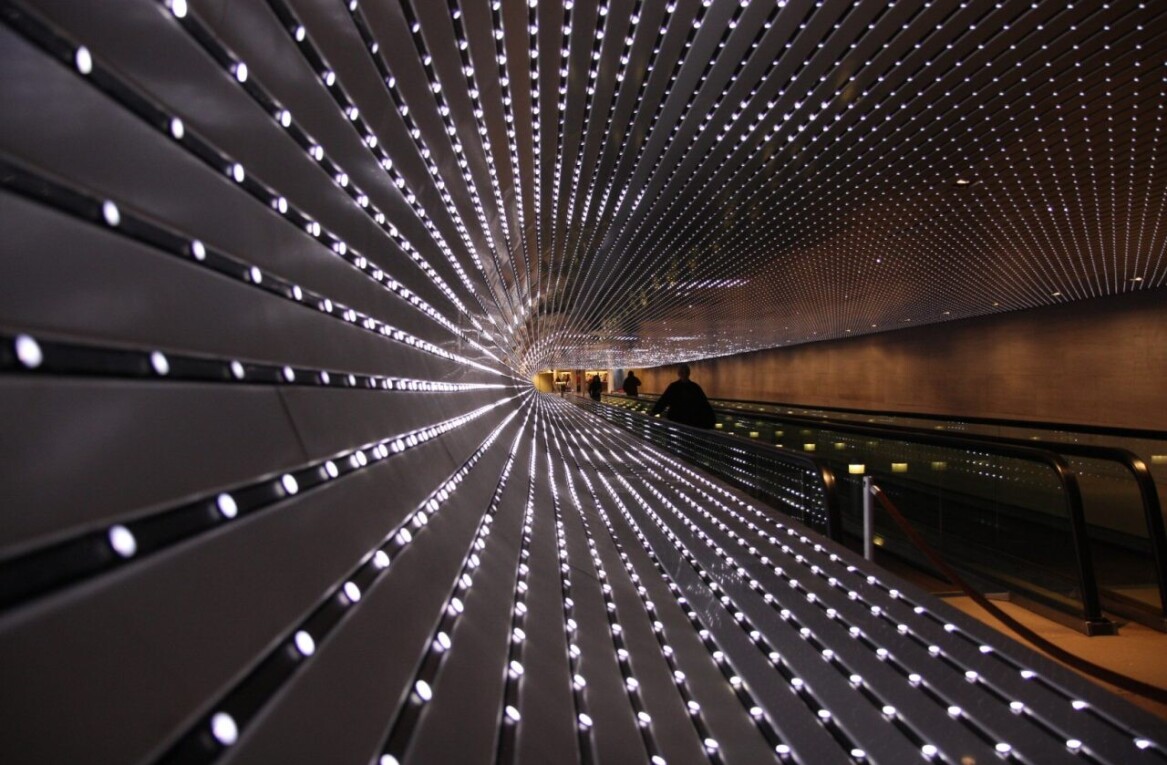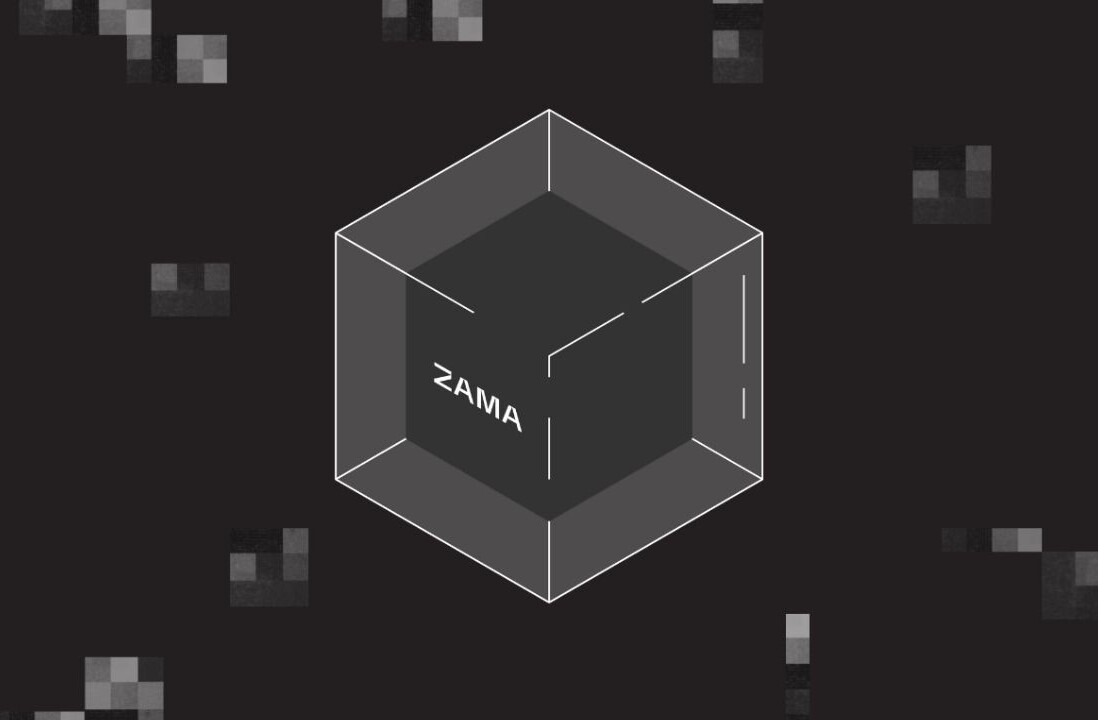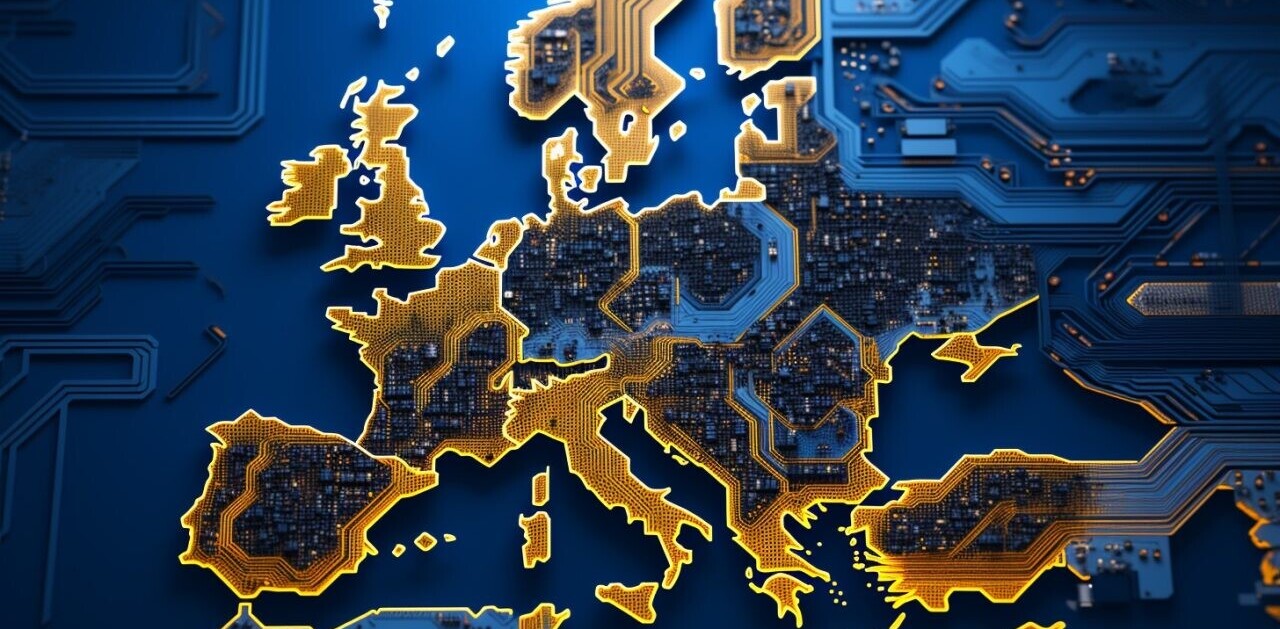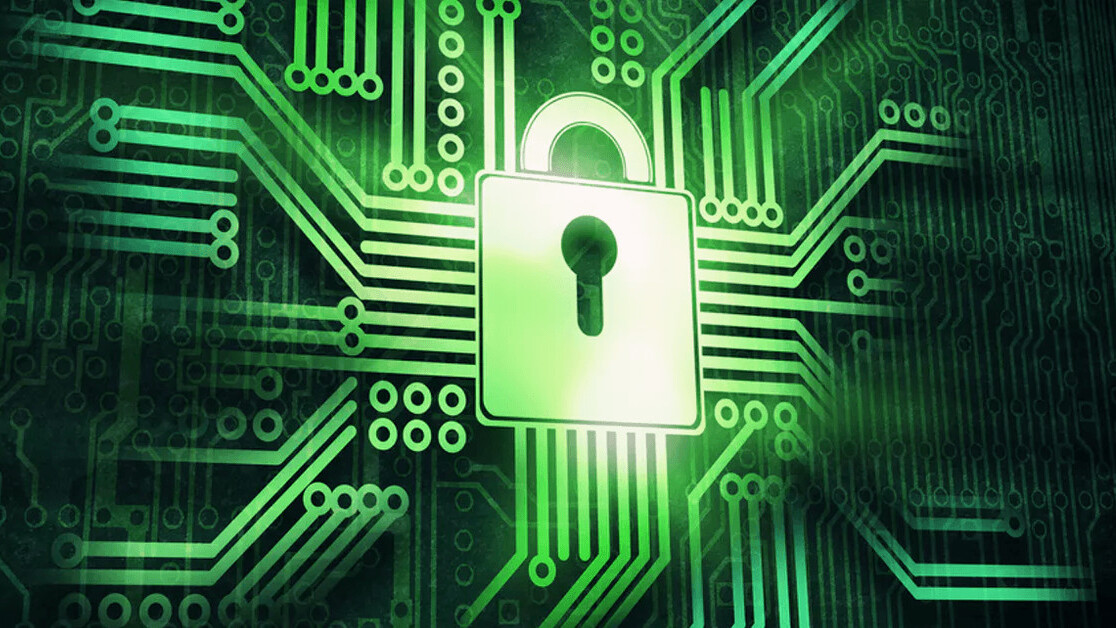
The EU has launched the Nostradamus project, aiming to enable high-level cybersecurity with quantum tech.
Led by Deutsche Telekom, Nostradamus is an industry consortium, including academia and companies such as Thales and the AIT Austrian Institute of Technology. Its mission is to help create a network of quantum-safe communications.
Specifically, the consortium plans to build testing infrastructure for quantum key distribution (QKD) and evaluate QKD devices of European manufacturers.
Quantum key distribution has emerged as a fundamentally secure method of communication and data transfer. That’s because it uses quantum light particles to generate random keys for encrypting and decrypting data transmitted between parties, minimising interception risks.
“I firmly believe that QKD is the right approach, surpassing Post-Quantum Cryptography (PQC),” Markus Pflitsch, founder and CEO of Terra Quantum and former CERN scientist, told TNW.
“In the quantum age, only true QKD protocols can provide the ultimate security needed to protect our critical infrastructure and data.”
Europe’s plan for quantum-safe communication
Nostradamus’ results will pave the way for the implementation of EuroQCI – a pan-European communications network based on quantum technology.
EuroQCI will use both terrestrial and satellite systems to increase security for communications, data centres, and critical infrastructure, such as governmental institutions, energy grids, and hospitals.
The ground-based projects — such as Nostradamus — are focusing on operational QKD technologies.
Meanwhile, the space-based segment is led by ESA, which is working on Eagle 1, the first European satellite to be based on QKD. The future encrypted EU satellite network IRIS2 will also rely on EuroQCI, designed to provide governments with communications services and network critical infrastructure.
“Europe should be focused on fostering home-grown solutions if it wants to ensure its technological sovereignty in the long-term,” Pflitsch said, noting the importance of collaboration between major European companies.
“These collaborations will be instrumental in ensuring Europe has a vibrant and secure quantum ecosystem.”
Get the TNW newsletter
Get the most important tech news in your inbox each week.

